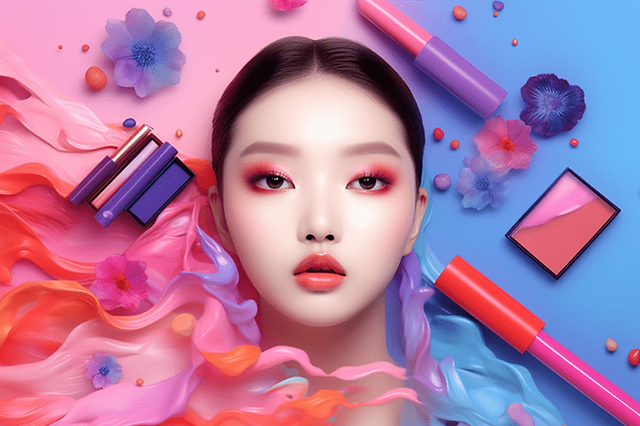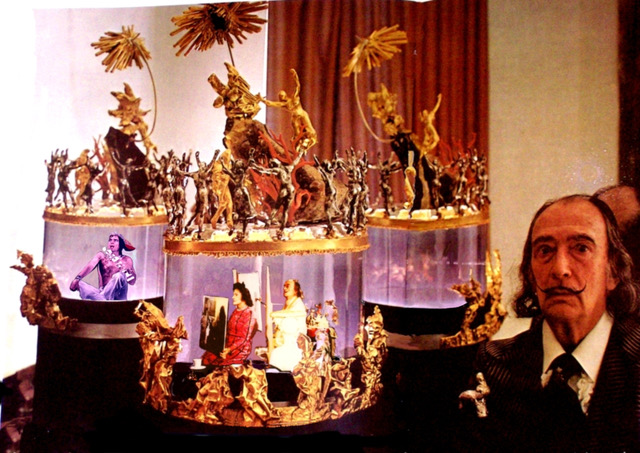The concept of korean beauty constantly evolves, influenced by trends and cultural phenomena. In recent years, South Korea has played a pivotal role in shaping beauty standards worldwide. Korean idols, such as Bae Suzy, have particularly influenced how the world perceives beauty.
The Korean Beauty Aesthetic
The Korean beauty aesthetic often emphasizes symmetrical and petite facial features, slightly almond-shaped eyes, a slim and tall physique, and flawless, poreless white skin. These characteristics have made South Korea a beauty standard for many around the world.
Influencer Tiffani Afifa’s Journey
Influencer Tiffani Afifa shared her experience of falling into the Korean beauty definition trap a few years ago, particularly during the 2010-2013 period when the Korean beauty trend was at its peak.
“While my facial features are somewhat different from Koreans’, I used to believe that I could achieve that look by using Korean skincare and makeup products,” Tiffani mentioned during the “Secret at Newsroom: Embracing the Korean Beauty Craze” program on September 26.
Tiffani tried various skincare products from the Land of Ginseng and even embraced the famous 10-step Korean skincare routine. However, her skin didn’t respond as expected. Instead of achieving the radiant, flawless skin of Korean celebrities, she faced severe breakouts, leading her to discontinue her Korean beauty regimen.
She decided to make peace with her skin and explore local skincare and makeup products that were better suited for her skin type. Her definition of beauty has since evolved.
A New Definition of Beauty
“For me now, beauty is about being healthy and confident. I believe that anyone, regardless of their skin color or facial shape, can be beautiful as long as they take care of their skin to make it healthier and boost their self-confidence,” she stated.
The Perspective of Beauty from a Medical Professional
Dr. Arini Astasari Widodo, a specialist in aesthetics, shared insights into the concerns raised by her patients. She acknowledged that the Korean beauty trend has gained substantial popularity in society.
However, as a medical professional, Dr. Arini aims to align her perception of “beauty” with that of her patients. She believes in achieving a realistic consensus to set achievable treatment goals.
For instance, if a patient desires fair skin like Korean idols, Dr. Arini’s role is to adjust the skin tone realistically to suit the individual.
She emphasized the importance of patient education in addressing unrealistic expectations. Dr. Arini stressed that beauty goes beyond fair skin and that healthy skin is the ultimate goal.
“In my opinion, beauty is not just about fair skin. Anything that is good for the skin, as long as it keeps it healthy, is beautiful. It’s not just about skin color,” she concluded.
In conclusion, the Korean beauty trend has undoubtedly left a significant mark on global beauty standards, but individuals like Tiffani Afifa and professionals like Dr. Arini are reshaping the definition of beauty to prioritize health and confidence over conforming to any specific aesthetic.




